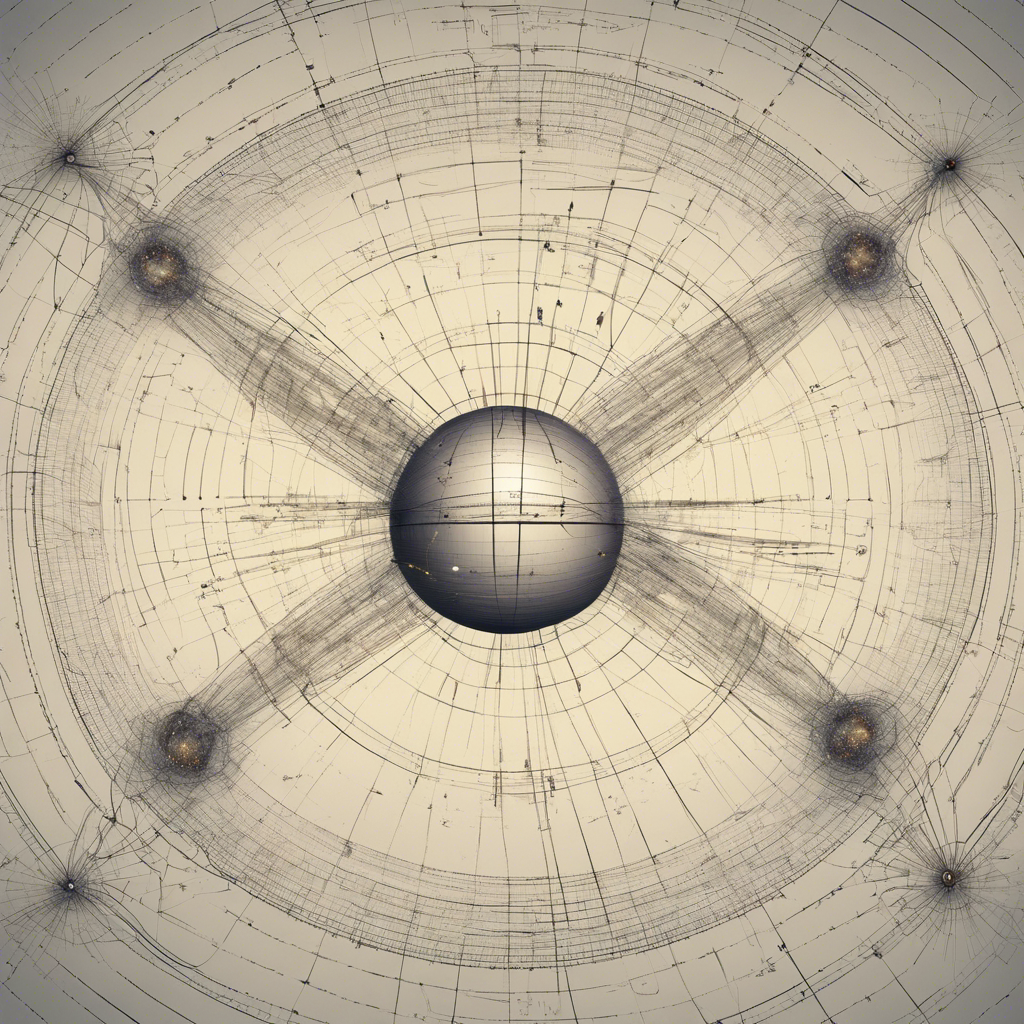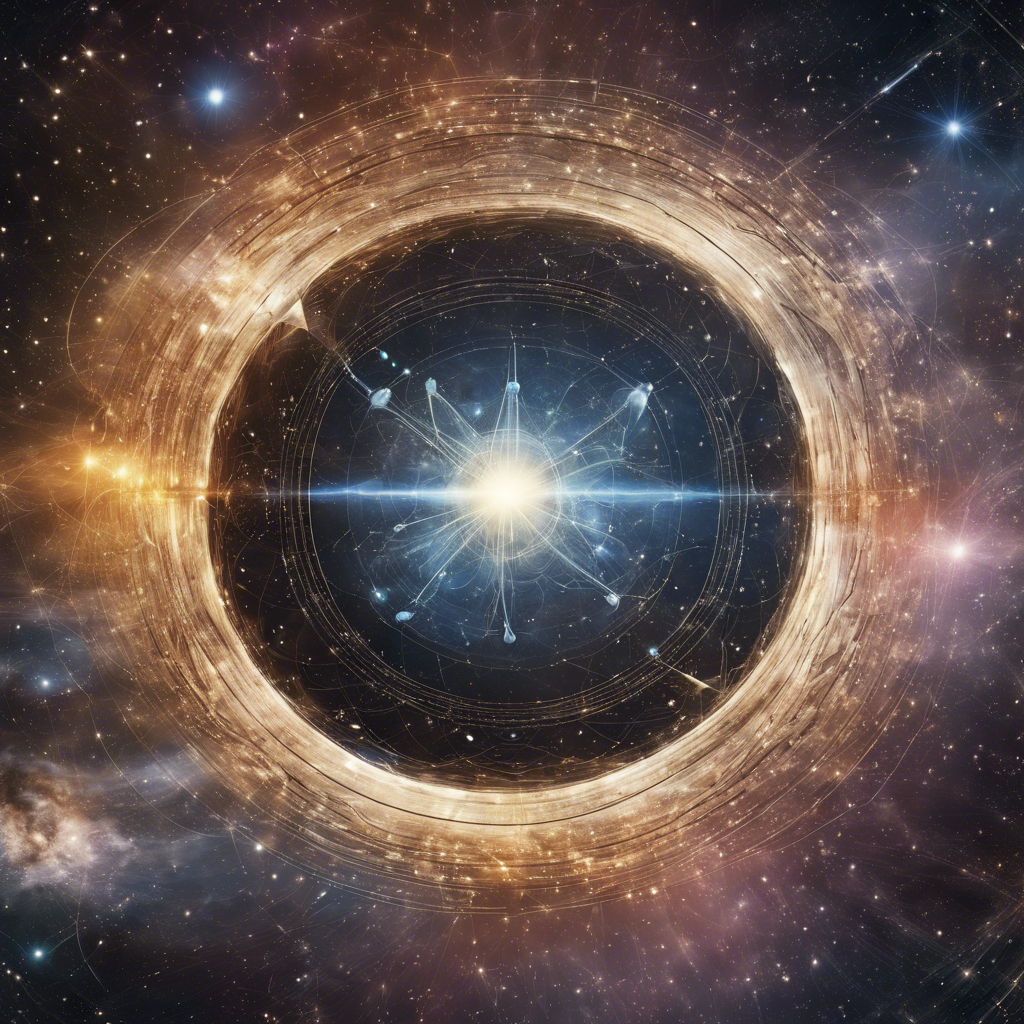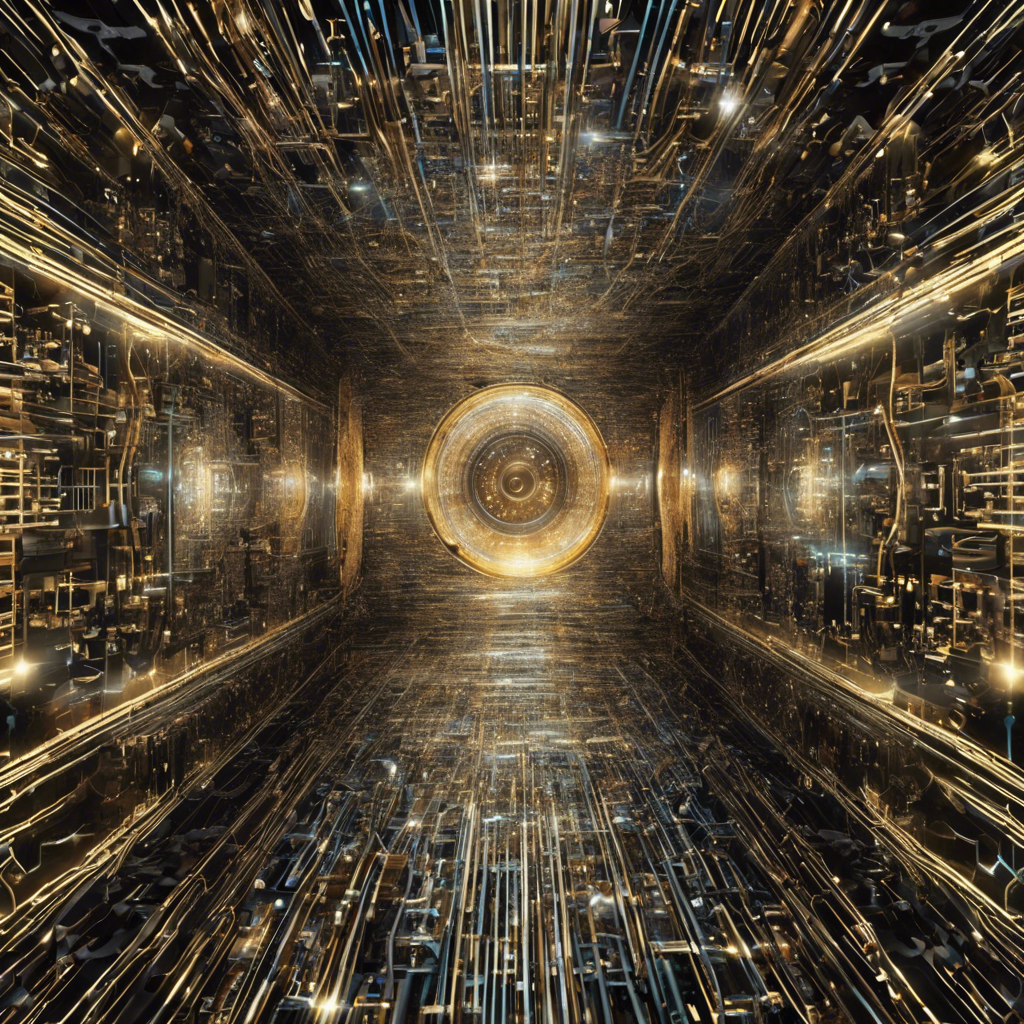New theory challenges the prevailing assumption of modifying gravity and suggests spacetime may be classical, leading to random fluctuations with significant implications for quantum theory.
In a groundbreaking development, physicists at UCL (University College London) have put forth a radical theory that offers a consistent and unified explanation for gravity and quantum mechanics. For over a century, these two fundamental pillars of modern physics have been at odds with each other, presenting a challenge to scientists seeking a reconciliation. The prevailing belief has been that Einstein’s theory of gravity needs to be modified or “quantised” to fit within the framework of quantum theory. However, the UCL researchers propose an alternative approach, suggesting that spacetime itself may be classical, not governed by quantum theory. This theory, known as the “postquantum theory of classical gravity,” modifies quantum theory instead and predicts random and violent fluctuations in spacetime that are larger than those envisaged under quantum theory.
Challenging the Consensus
The UCL theory, presented by Professor Jonathan Oppenheim, challenges the prevailing consensus that spacetime must be quantised to reconcile gravity and quantum mechanics. Instead, it suggests that modifying quantum theory itself can resolve the contradiction. According to the theory, these modifications result in intrinsic breakdowns in predictability, mediated by spacetime. This leads to unpredictable fluctuations in the weight of objects when measured with extreme precision.
Testing the Theory
To test the theory, the UCL researchers propose an experiment to measure the weight of a mass very precisely over time. If the fluctuations in the measurements of a 1kg mass, such as the one used as the standard by the International Bureau of Weights and Measures in France, are smaller than required for mathematical consistency, the theory can be ruled out. This experiment aims to provide evidence that confirms the classical nature of spacetime.
A Bet Between Proponents
The outcome of the experiment, along with other evidence that could confirm the quantum vs classical nature of spacetime, is the subject of a bet between Professor Oppenheim and Professor Carlo Rovelli and Dr Geoff Penington, who are leading proponents of quantum loop gravity and string theory, respectively. The 5000:1 odds bet highlights the significance of this theory and its potential impact on our understanding of the fundamental laws of nature.
Implications and Consequences
The postquantum theory has implications beyond gravity. It challenges the infamous “measurement postulate” of quantum theory and suggests that quantum systems localize through their interaction with classical spacetime, eliminating the need for the postulate. The theory was motivated by Professor Oppenheim’s attempt to resolve the black hole information problem, which has been a longstanding challenge in physics. The theory allows for the destruction of information due to a breakdown in predictability, providing a potential solution to this problem.
The Path to Experimental Verification
The UCL research group has been stress-testing the theory for the past five years, exploring its consequences and developing experimental proposals. The proposed experiments aim to determine whether spacetime has a classical or quantum nature. The delicate interplay between quantum particles and classical spacetime will be tested through the measurement of mass fluctuations and the duration of quantum superposition of atoms in different locations. These experiments will shed light on the fundamental laws of nature and may provide insights into the nature of spacetime within the next two decades.
Conclusion:
The groundbreaking theory proposed by UCL physicists challenges the prevailing assumption that gravity needs to be modified to fit within the framework of quantum theory. Instead, the theory suggests that spacetime itself may be classical, leading to random fluctuations with significant implications for quantum mechanics. The proposed experiments aim to test the classical nature of spacetime and provide evidence that could revolutionize our understanding of gravity and quantum mechanics. The outcome of these experiments may shape the future of physics and offer new insights into the fundamental laws of nature.











